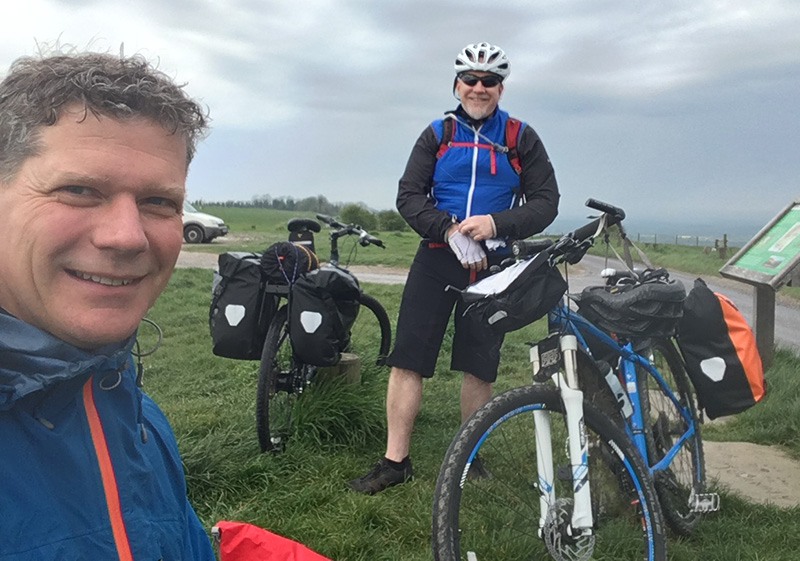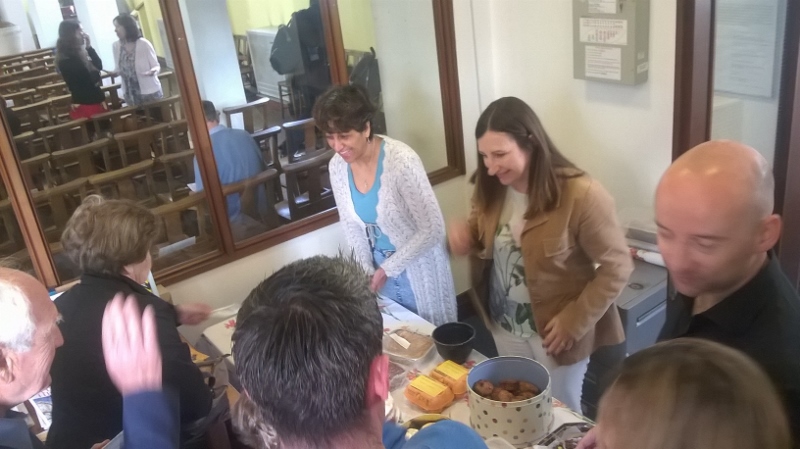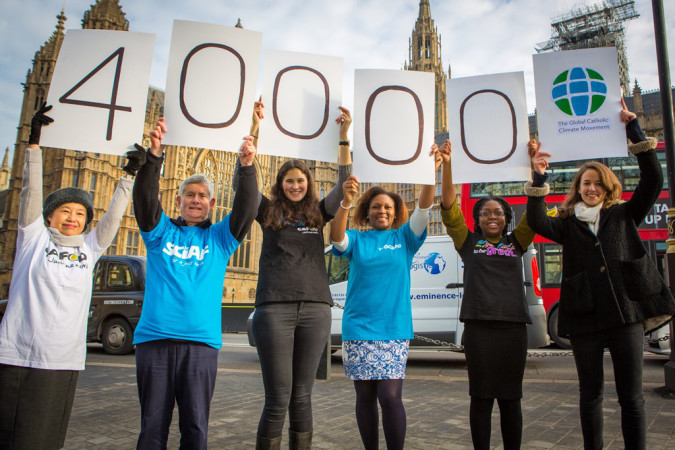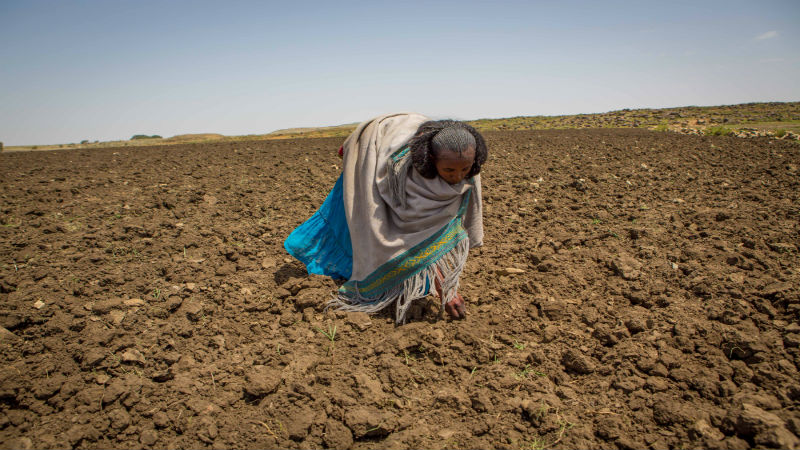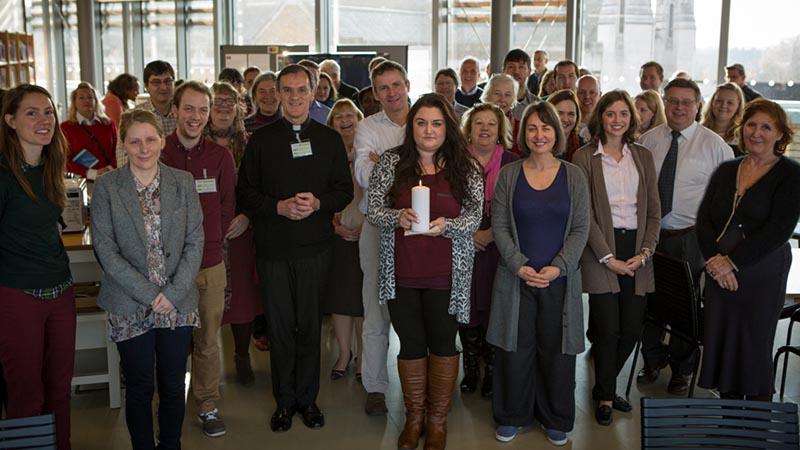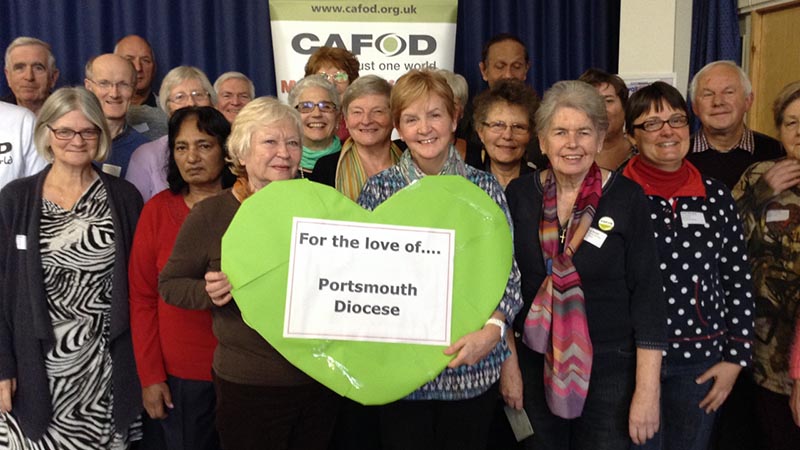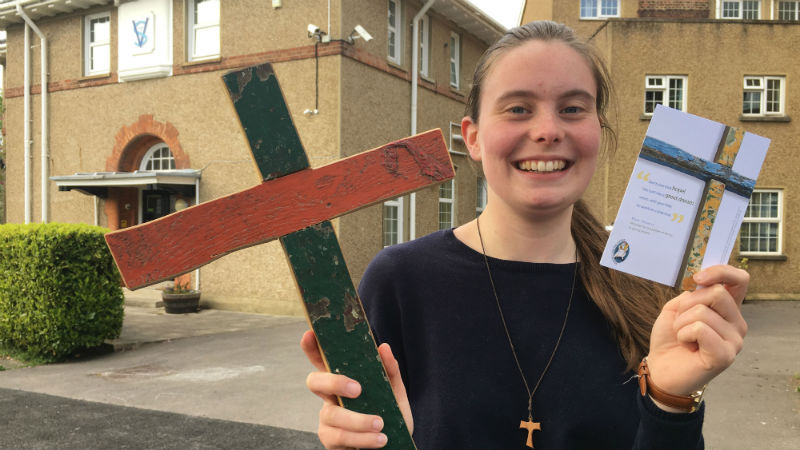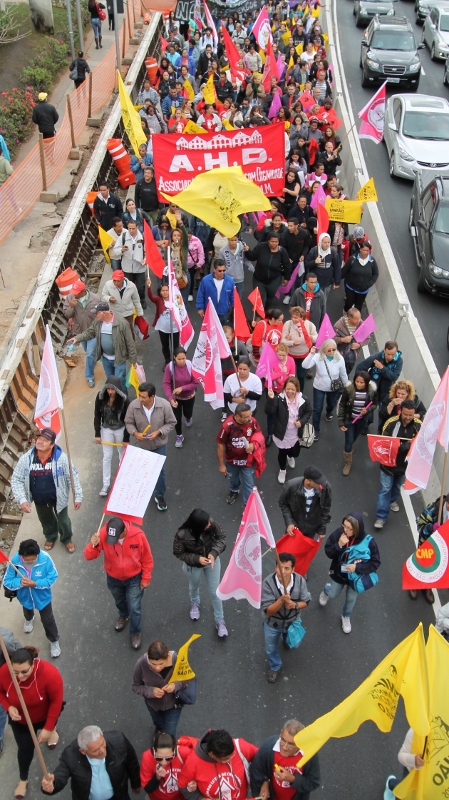“For the poor people of Rio, ticket prices for the Olympics are too high”
August 10, 2016
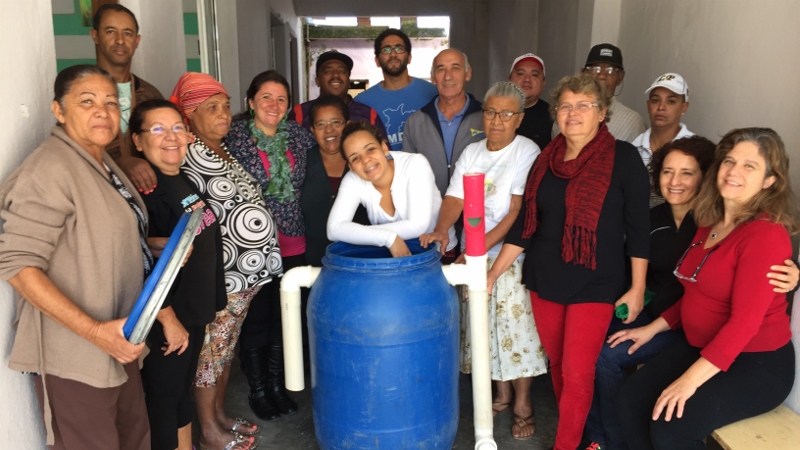
Maristely is the narrator of one of our Connect2: Brazil partners. She is currently a student in her final year at university, but alongside her studies she continues to participate in activities to defend the rights of people living in favelas and poor informal settlements with our partner, Movement for the Defence of Favelas (MDF) in São Paulo. Here Maristely talks about the 2016 Olympics taking place in Rio de Janeiro in Brazil this summer.
“On the sporting front, there is anxiety in making sure the Olympic Games take place. But the way these Games will happen is depressing.
Since the World Cup and the Olympic Games were first announced in Brazil these kinds of mega sporting events were seen as opportunities for improvements in basic infrastructure of the country, but in the preparation process, there has been little space for civil society participation and technical experts who know about urban development were not involved in the discussions.
Find out about Connect2: Brazil and how your parish can get involved
As the deadline approaches, there is a need for an accelerated release of funds to ensure that the games take place and that the infrastructure is ready. This leads to works that are not ready in time and rushed through quickly, resulting in the removal of poor urban inhabitants from good locations.
Continue reading ““For the poor people of Rio, ticket prices for the Olympics are too high””
